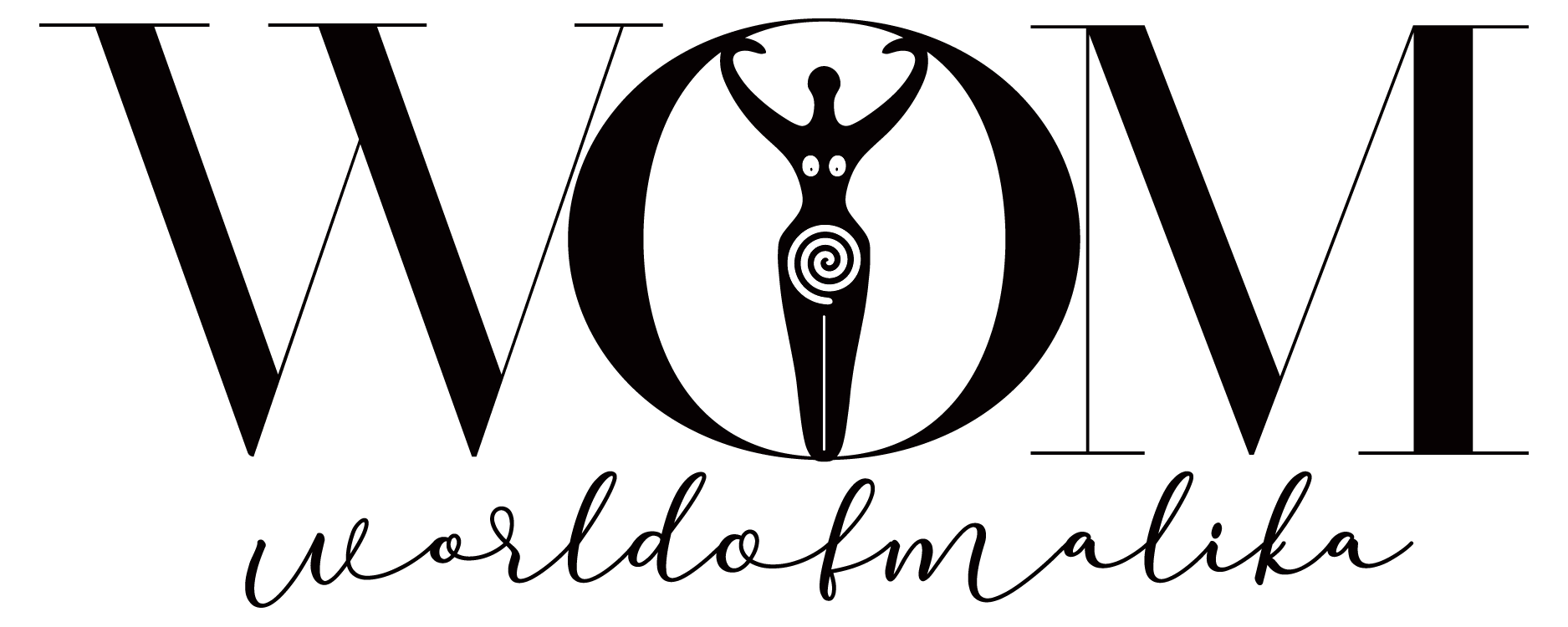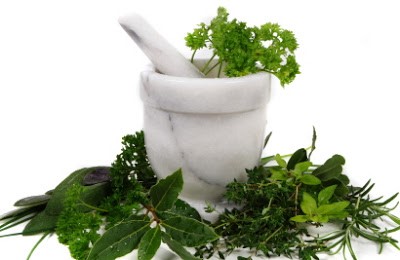All-natural, potent, and versatile, herbal remedies are for all; for everyone. Herbal medicine or Herbalism is a wisdom that has passed through the ages to heal many and reshape itself for the better in every stage.
It is found by some academic studies that about 80% of people worldwide rely on herbal medicines for some aspects of their primary health care [i]. This form of medicine that cures many is based on millennia’s worth of knowledge base, that was amassed and tested under various methods, practices, cultures, philosophies, and ultimately, time – and there may be no test more approving than that of time. Hence it is safe to say that herbal medicine had been put through its paces and made more reliable than lab-tested ones.
And just because the chemistry of most herbal remedies is not analyzed yet, does not mean that the whole science and medicine can be ignored – nor can the vast stretches of herbal medicine ocean be studied profoundly enough, drop by drop.
But if verification and peer review are of the question then there are many journals that publish studies based on herbal medicinal remedies, their content, effectiveness, and hence, value. Phytomedicine, Elsevier, Pubmed, Science Direct, and many other journals have published articles that testify and endorse the power of herbal medicine. Even studies conducted about a decade ago verify the scope and safety of Herbal Medicine[ii]. On top of that, 25% of modern medicines are made from plants first used traditionally.
The Amazing Pros of Herbal Remedies:
Zero Harm Done:
Herbal Medicine guarantees all-natural solutions by its own nature. You never need to worry about adulteration by means of harmful chemicals, because their methods are more on the time-tested, conventional side of the spectrum. The ingredients may include plant extracts, plant powders, pastes, edible alcohols (ethyl alcohol), oils, butters, honeys (sourced from different flowers), naturally occurring salts (like the Pink Himalayan Rock Salt), teas, and different kinds of decoctions.
More close to the body:
Herbal remedies and medicines are closer to nature, they are organic, and hence closer to the makeup and functioning of our bodies. After all, we share a great deal of genome (genetic makeup) with plants – about a whopping 60% of our DNA is the same as that of bananas[iii]!
Humans also have another ‘half-cousin’ in terms of genetics – trees! That’s right, we share about 50% of our genes with trees, and now it’s more of a surprise, because many trees help us in healing our ailments. Oak, Cinnamon, Margosa, Walnut, Maple, Cedar, etc. are major examples.
Again, we use the honey from plants like lavender, manuka, eucalyptus, and daffodils for different benefits and healing practices. For example, lavender honey is rich in Tyrosine, an amino acid essential for the production of estrogen, and many neurotransmitters[iv]. It’s not much of a coincidence, if you remember that 44% of our genome is similar to that of honeybees and about 25% of it is shared with plants like daffodils.
How much do you share with your pill that has a 20-letter long chemical medicine?
At hand:
Most herbal medicines and solutions do not need any prescriptions (you can simply use your sense of discretion and sagacity to dose) – they would any way. They are also not the most expensive healthcare methods (unless a business conglomerate identifies their potential and patent them). There are always locally available alternatives to both ingredients and solutions; because we are not aiming at a single chemical substance of a plant, but usually the nature of it as a whole.
You can eat them!
Again, most herbal remedies are not pre-made ones, and you can use the items that are beneficial for you, in your favorite recipes. Aloe vera, mint, parsley, basil, cinnamon, garlic, and many other similar herbs are medicinally capable, and have been a part of most cuisines for centuries now. You can get creative with your go-to, or need-to-go-to herb, depending on what you are looking for.
Options!
With herbal medicine, you have a million options to choose from locally and in terms of type. You can go for Western Herbalism, Ayurveda (from India), and Chinese herbal practices.
And if you don’t particularly have a liking for a taste or the practice recommended, you can always look for another option.
It’s a Lifestyle Choice: Herbal remedies become a lifestyle – a healthy lifestyle for that, which avoids chemicals as much as possible. It is a way of living a good life, enjoying all the good, and avoiding what is not.
A word of Caution:
While herbal remedies are effective, versatile, customizable, and common; fads are just as commonplace. Social media platforms present fad diets and remedies sometimes simply to endorse a brand or product, or a class of products. You must seek the help of a good practitioner to spot the black sheep.
What are Tinctures?
Tinctures may be the most common form of administering herbal medicine, and maybe also one of the most ancient practices that managed to transcend to this day and age without many alterations, whatsoever.
Yet tinctures do not leave the circle of the most fascinating and strange practices of medicine. But then it is just as simple as a concoction of a natural medicinal substance in alcohol[v] (called ethanol).
The dissolved substance may be of plant or animal origin[vi]; but then there are tinctures of elemental molecules such as Iodine[vii]. They are typically prepared by the said method and can be found in concentrations expressed in percentages for the common joe. The most common concentrations are between 25% and 60%, but they can be as high as 90%.
The word originates from the 17th century Latin word ‘tinctura’ which had a sense in the lines of ‘imparting a quality’.
No matter what the exact science of a tincture is, or what philosophy it advocates, we have found that they are beneficial and practical – practical, even in the most modern schools of thought such as CBDs, or Cannabidiols (Cannabis tinctures.)
What we know for sure is, “When Nature Concocts, Her People Heal.”
[i] http://www.who.int/mediacentre/factsheets/2003/fs134/en/
[ii] Safety of Herbal Medicine: From Prejudice to Evidence(Junhua Zhang,1 Igho J. Onakpoya,2 Paul Posadzki,3 and Mohamed Eddouks)
[iii] https://thednatests.com/how-much-dna-do-humans-share-with-other-animals/#:~:text=We%20also%20share%20a%20shocking%20amount%20of%20DNA,25%25%20with%20daffodils.%20So%20there%20you%20have%20it%21
[iv] Health Benefits of Lavender Honey (healwithfood.org)

